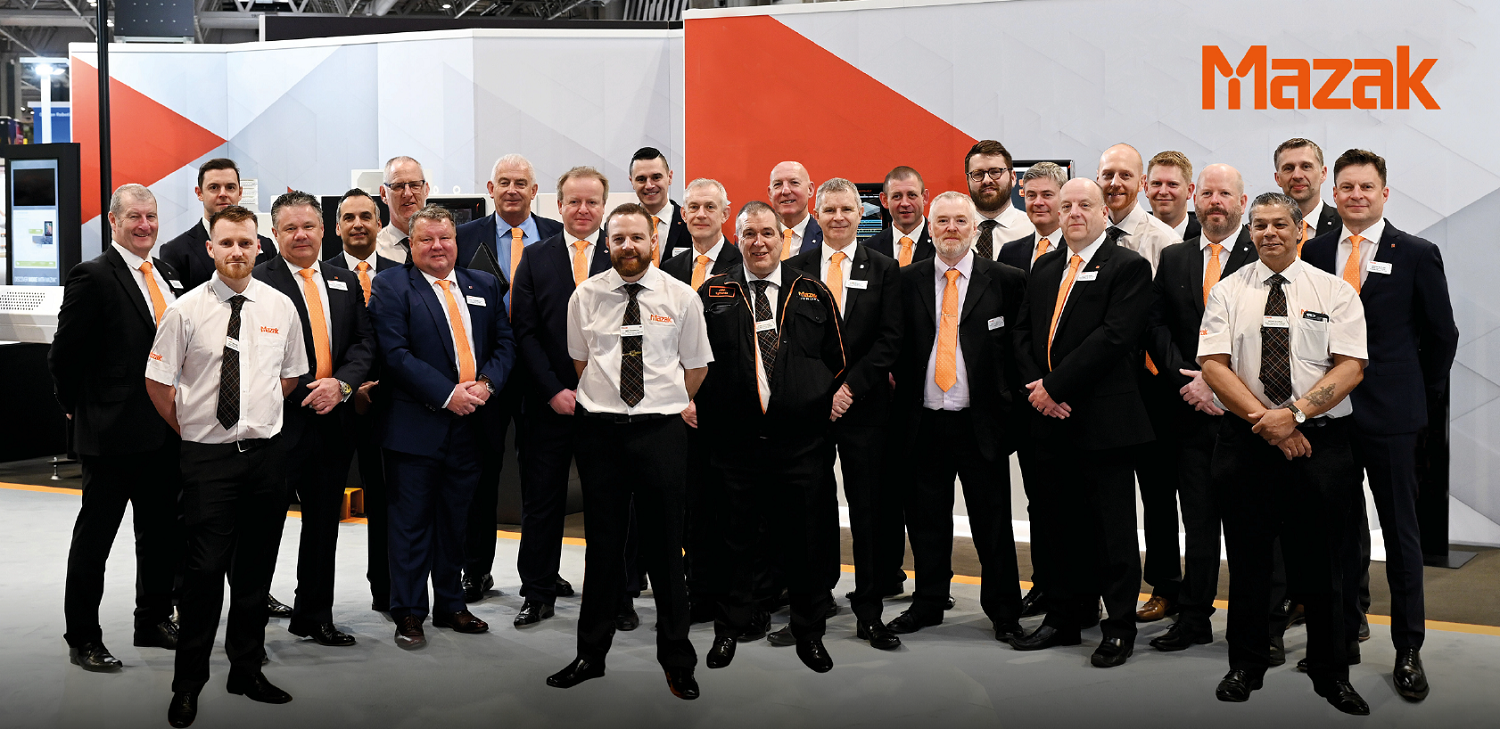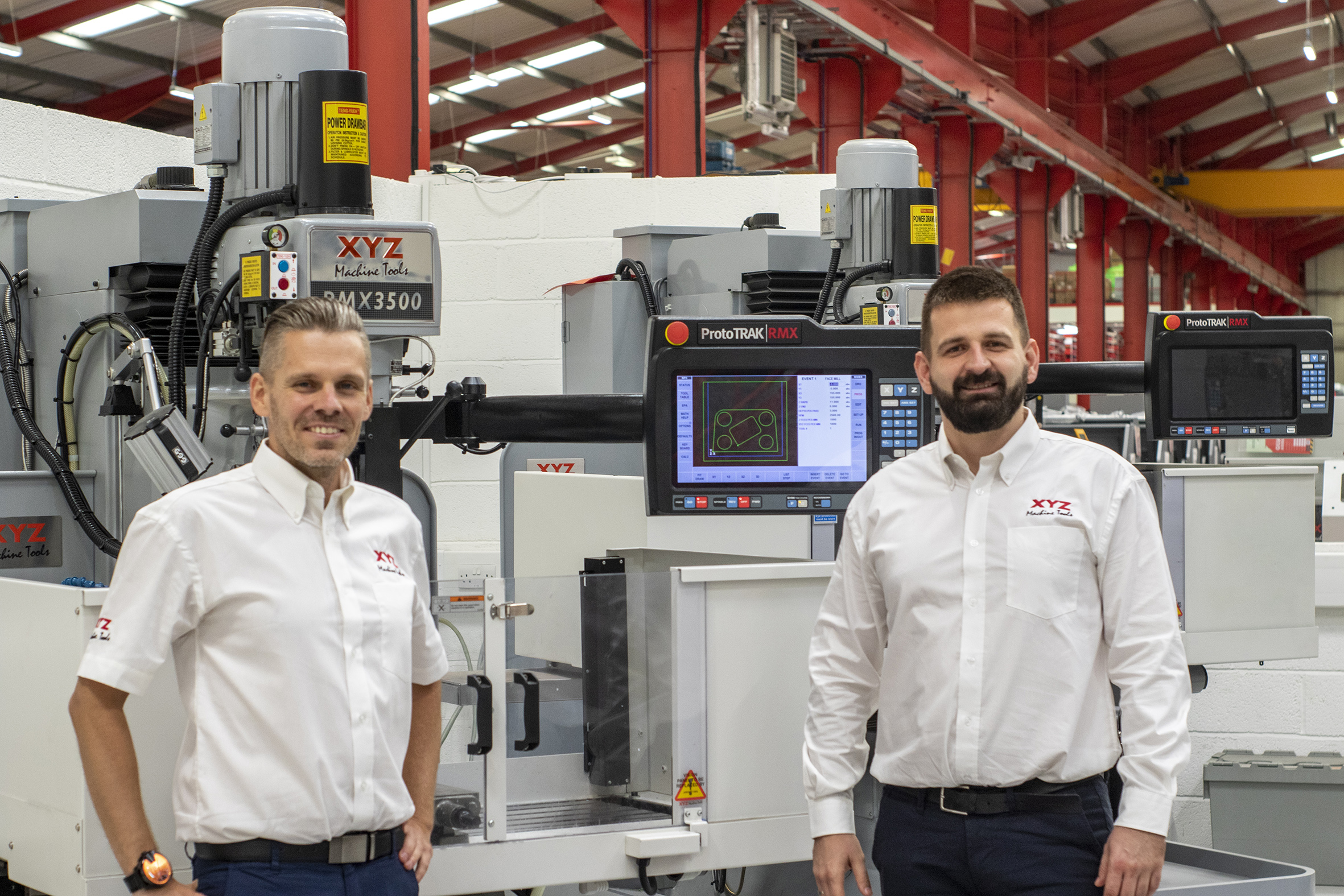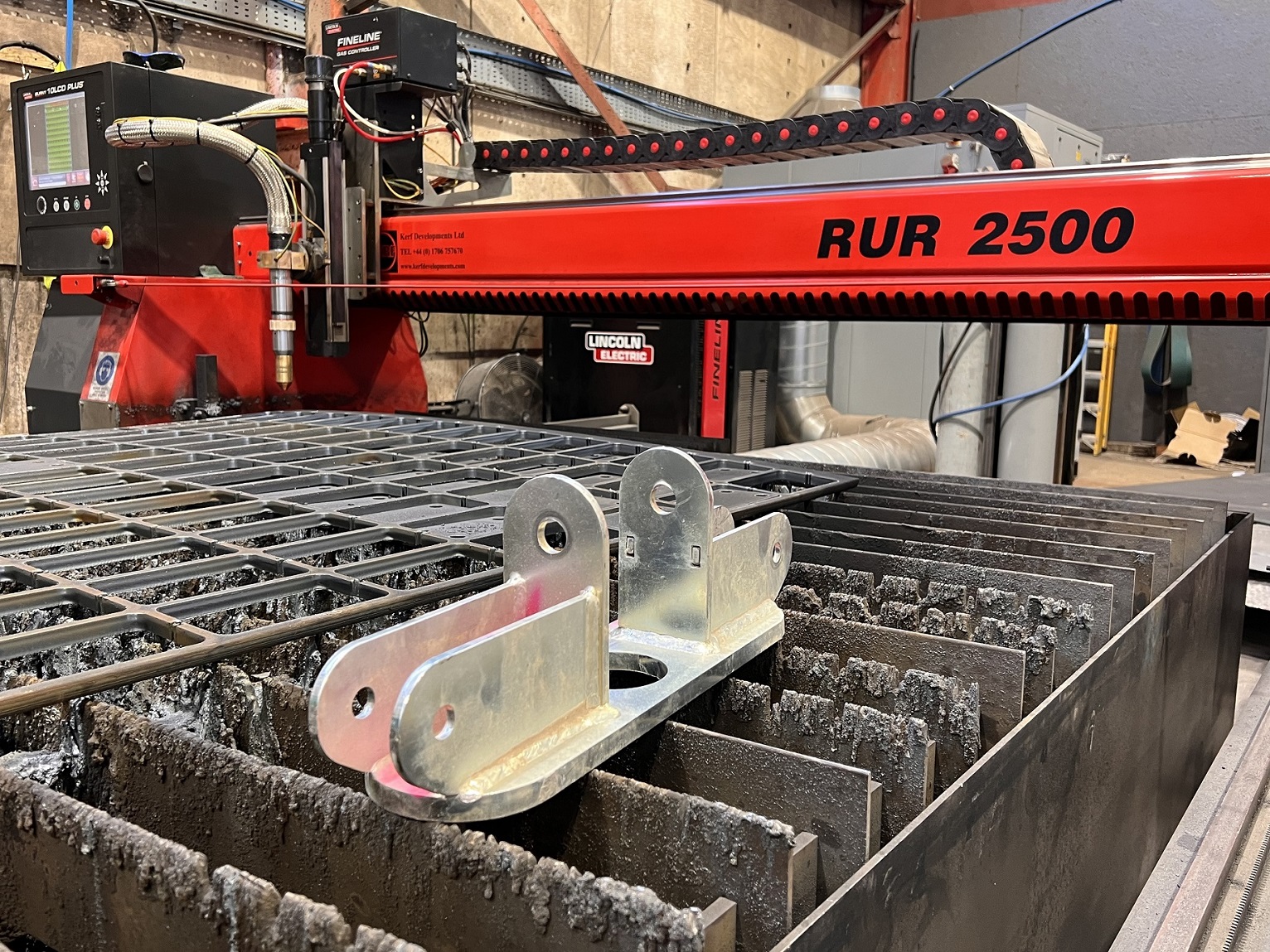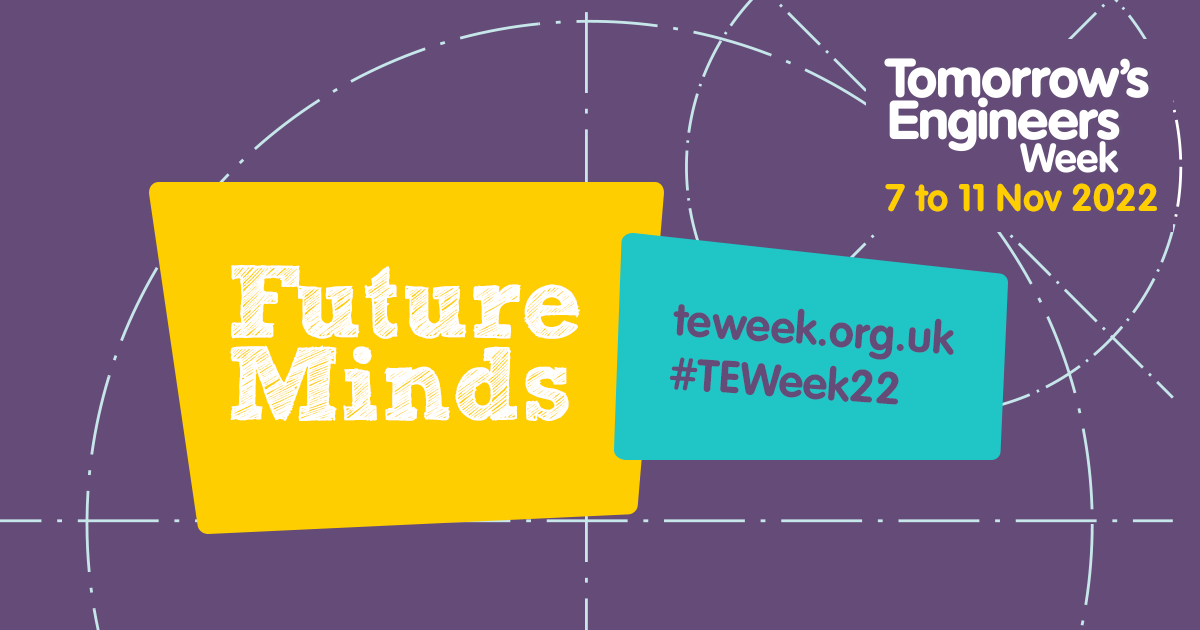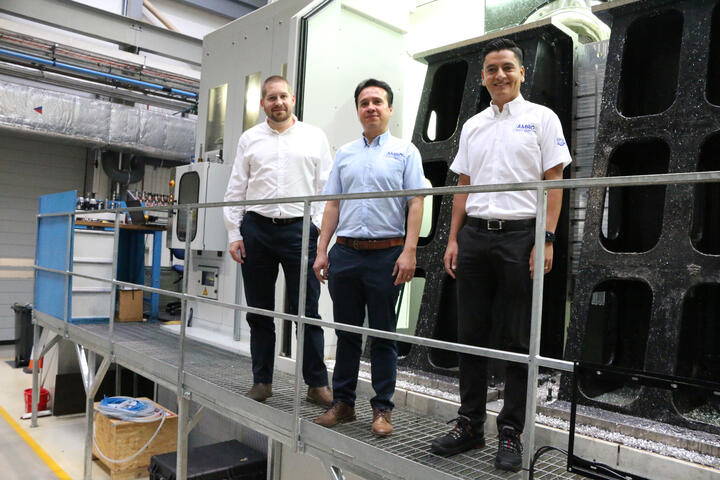Running on 6-9 December, Yamazaki Mazak’s ‘Discovery Week’ open house aims to help machine tool and laser processing users find solutions that overcome a host of productivity-led challenges to improve efficiency and minimise downtime. The event, which will be hosted at Mazak’s European manufacturing plant and technology centre in Worcester, will be supported by over 25 partners with expertise in tooling, tool management, swarf management, CADCAM and finance.
There will be more than 20 machines on display, including live cutting demonstrations on a range of five-axis, horizontal, vertical, CNC turning and laser processing machines, many of which will be equipped with third-party automation systems. Among the technology highlights will be Mazak’s newest vertical machining centre, the VCN-700. Designed and manufactured in the UK, visitors will see live production of the VCN-700 as part of the factory tours.
For further information www.bit.ly/3t4YHDX






